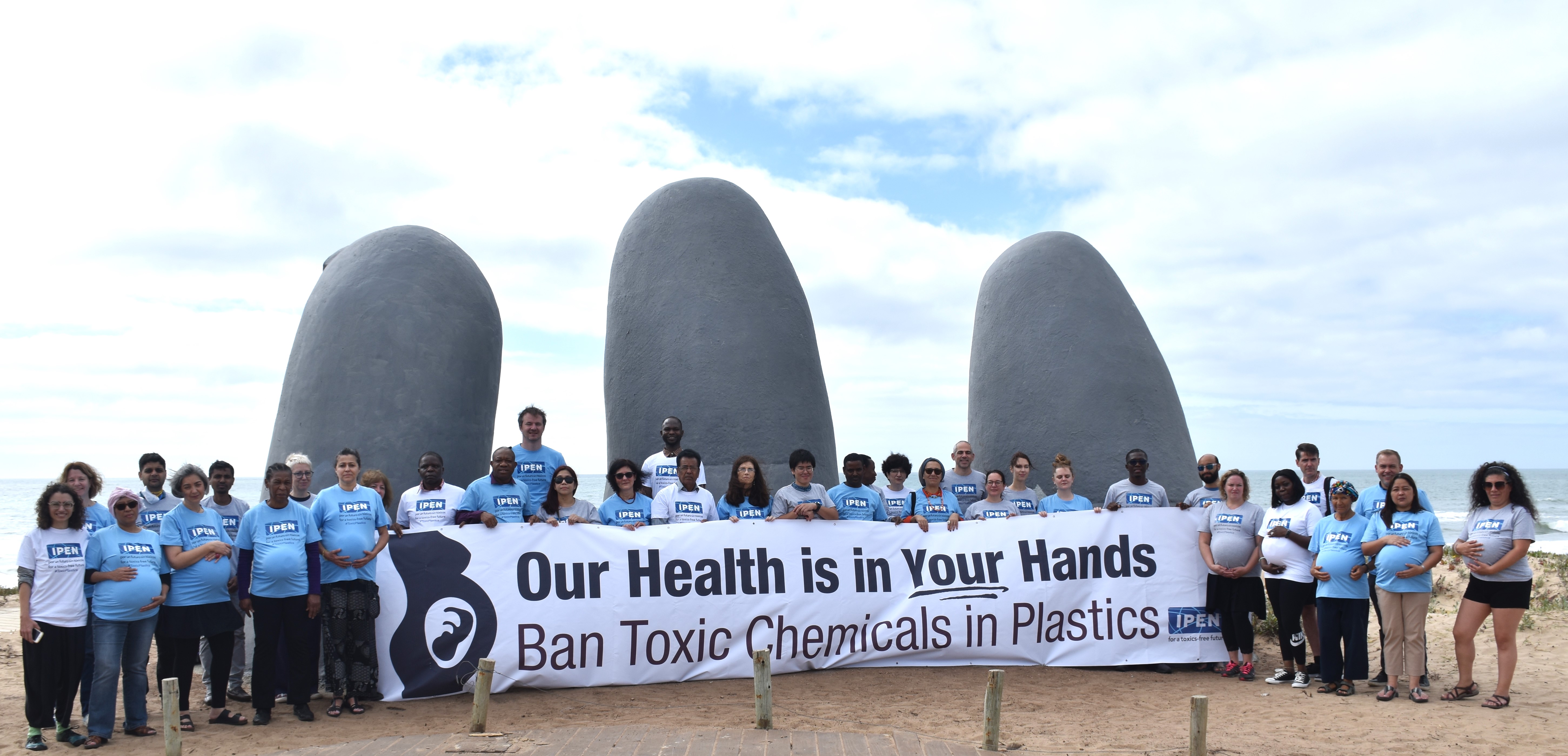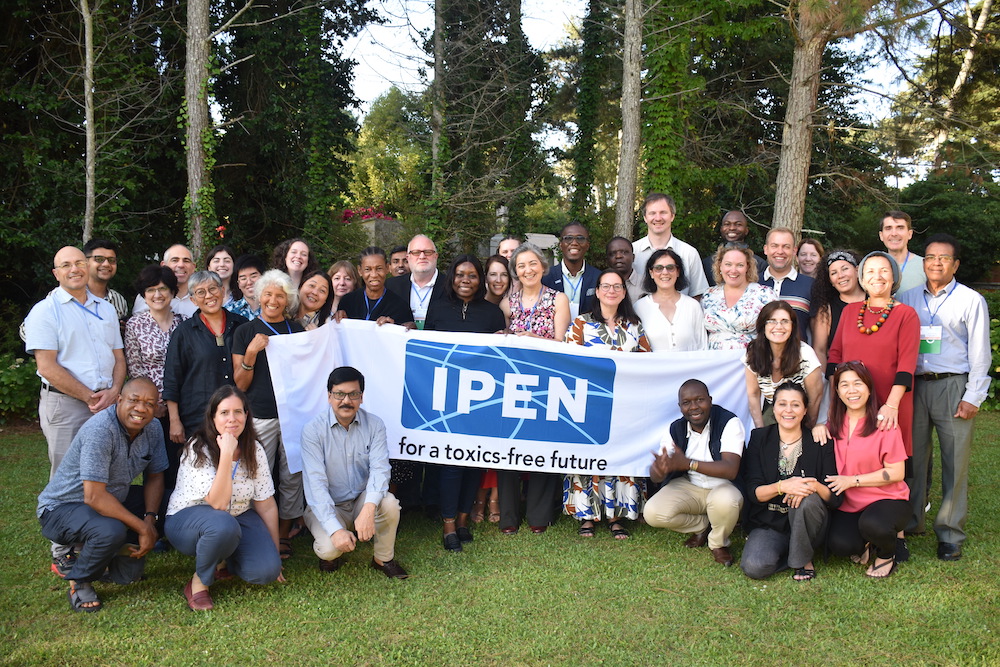IPEN is featured in several news reports on the Plastics Treaty INC-1. Summaries from a few articles are below (click the headlines for the full story).
See all of IPEN's resources from the INC-1 here.
Associated Press
Negotiators take first steps toward plastic pollution treaty
On Friday afternoon more than 2,000 experts will wrap up a week of negotiations on plastic pollution at one of the largest global gatherings ever to address what even industry leaders in plastics say is a crisis.
It was the first meeting of a United Nations committee set up to draft what is intended to be a landmark treaty to bring an end to plastic pollution globally.
“If we look 30 years from now, we’re set to have four times more plastic. We’re in an extremely unfortunate situation. So you must have a global approach to this,” said Björn Beeler, who was at the meeting as the international coordinator for the International Pollutants Elimination Network, or IPEN.
Entire beaches on what used to be pristine islands are now mounded with trash. Examination of a random handful of sand in many places reveals pieces of plastic.
Tadesse Amera, an environmental scientist, said the treaty should address not only waste but the environmental health issues posed by chemicals in plastics as the products are used, recycled, discarded or burned as waste. Amera is the director of Pesticide Action Nexus Association Ethiopia and IPEN co-chair.
“It’s not a waste management issue,” he said. “It’s a chemical issue and a health issue, human health and also biodiversity.”


